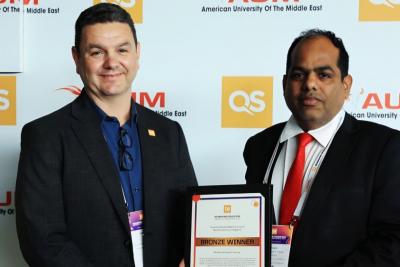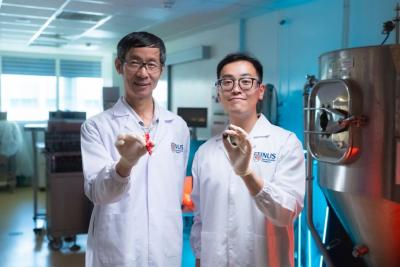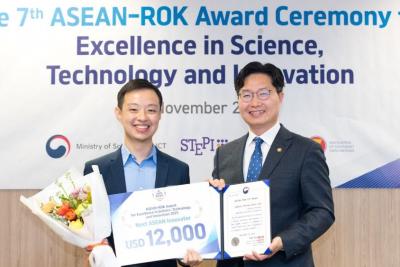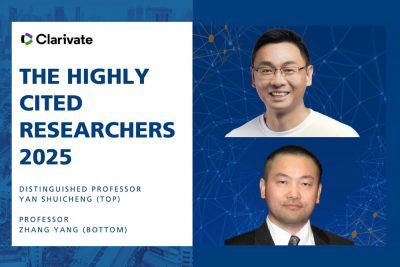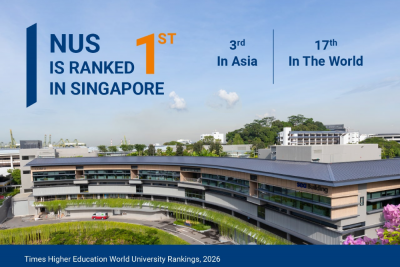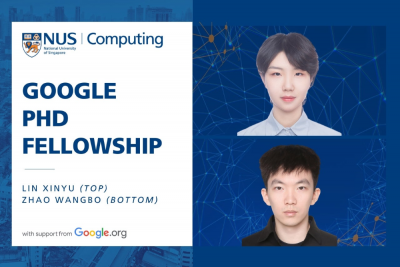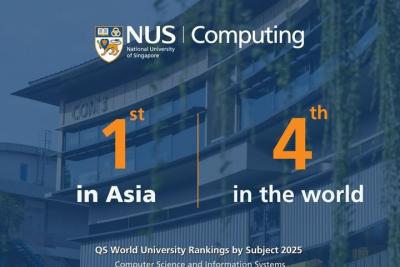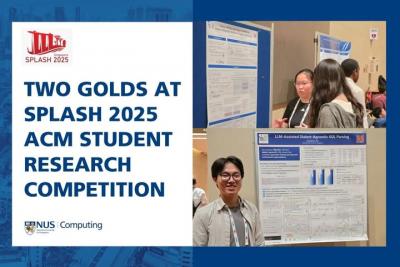Hai Giáo sư Yann LeCun và Yoshua Bengio chia sẻ góc nhìn đối lập về tương lai trí tuệ nhân tạo tại NUS
With ChatGPT and other artificial intelligence (AI) tools now able to write college essays and turn photographs into anime art, how close are we to the rise of a superhuman AI that poses an existential threat to humans?
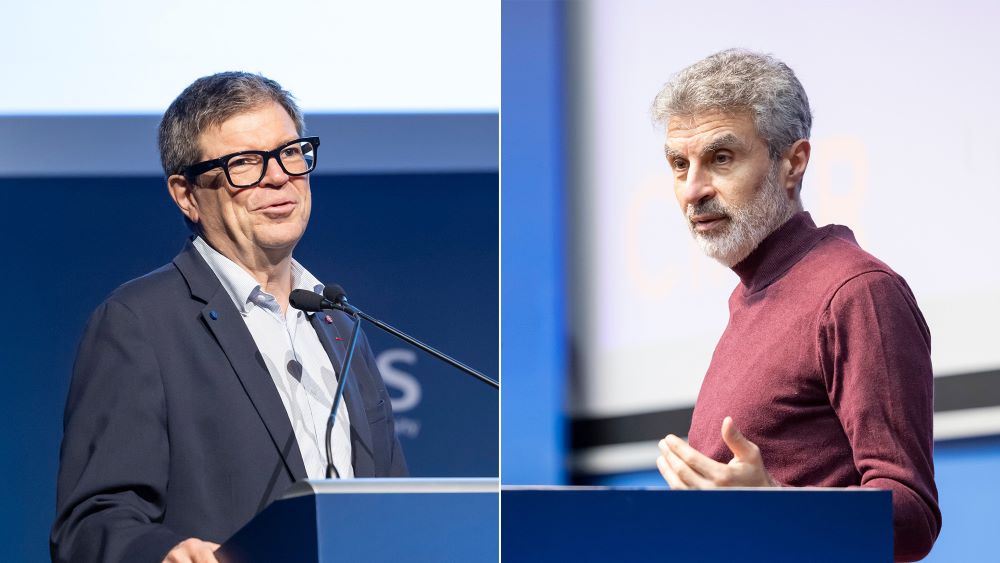
Professor Yann LeCun (left) and Professor Yoshua Bengio (right) presented their views on the future landscape of artificial intelligence (AI), the limitations of current AI systems, as well as the impact of the technology on society in separate lectures kicking off the NUS120 Distinguished Speaker Series.
Renowned AI pioneers, Professor Yoshua Bengio and Professor Yann LeCun, presented contrasting perspectives on the future of the field in separate lectures that marked the launch of the NUS120 Distinguished Speaker Series last week. The series is part of a line-up of events held to celebrate the University’s 120th anniversary this year.
Prof Bengio, the founder and scientific advisor of Mila – Quebec AI Institute, warned of the potentially catastrophic consequences of AI, calling for “guardrails” to prevent the technology from turning against humans. Meanwhile, Prof LeCun, who is Vice President and Chief AI Scientist at Meta, homed in on the significant limitations of generative AI and expressed scepticism that it could lead to machines with human-level intelligence.
The two experts and recipients of the Turing Award, regarded as computing’s highest honour, were visiting Singapore for the 13th International Conference on Learning Representations, held in parallel with Singapore AI Research Week. Their lectures at NUS on 25 and 27 April 2025 attracted more than 1,000 registered participants and have since garnered over 11,000 views on YouTube.








